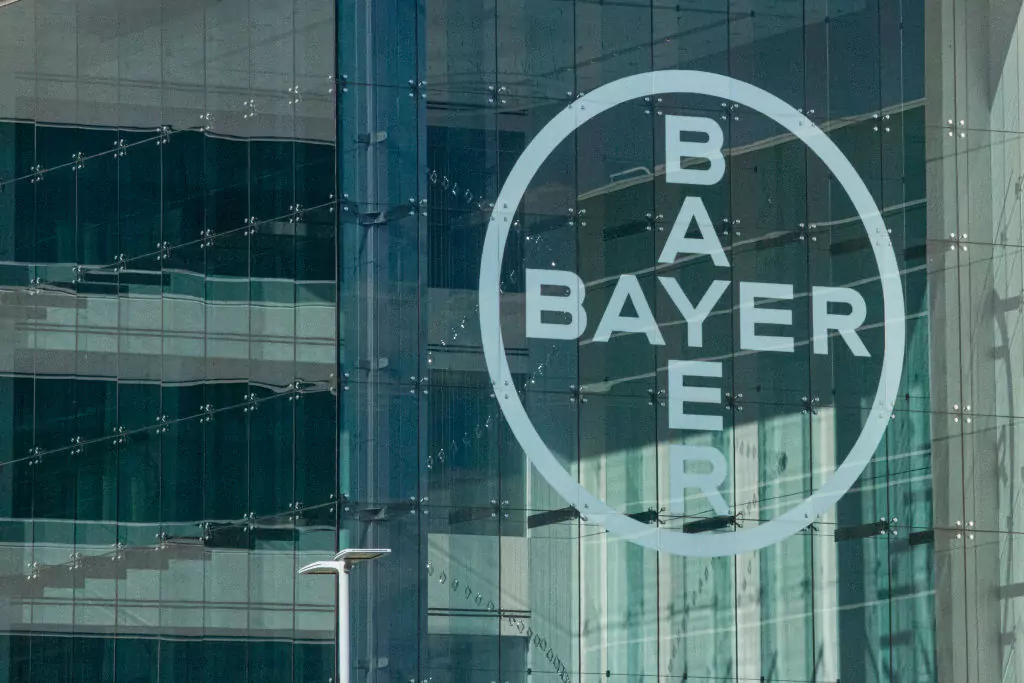
On April 4, Bayer, through its indirect subsidiary Monsanto, filed a petition for a writ of certiorari with the United States Supreme Court in the Durnell case. This filing came swiftly—just three business days after the Missouri Supreme Court declined to review a lower court decision that upheld a jury verdict against Monsanto. Bayer’s petition urges the U.S. Supreme Court to review the matter, arguing that conflicting decisions among federal and state courts regarding the Roundup™ litigation necessitate a definitive ruling on whether federal law preempts state failure-to-warn claims.
At the heart of the case is a fundamental legal question with far-reaching implications: Does the Federal Insecticide, Fungicide, and Rodenticide Act (FIFRA) preempt state-level legal actions that require different or additional warning labels for pesticide products—labels that contradict those approved by the U.S. Environmental Protection Agency (EPA)? Bayer argues that it does, and that the continued proliferation of lawsuits, driven by inconsistent judicial interpretations, poses a threat not just to the company but to the entire agricultural industry and national food security.
The Durnell case involves claims that Monsanto failed to warn users about the potential cancer risk of its glyphosate-based herbicide, Roundup™, despite EPA findings that do not classify the chemical as a carcinogen. The jury, siding with the plaintiff in a Missouri Circuit Court in October 2023, awarded $1.25 million in compensatory damages based solely on the failure-to-warn theory under Missouri law. However, the jury dismissed all other claims and declined to award punitive damages. Monsanto appealed, but the Missouri Court of Appeals upheld the verdict in February 2025. When the Missouri Supreme Court declined to hear the case on April 1, Bayer saw an opportunity to elevate the matter to the nation’s highest court.
The company’s Supreme Court petition stresses that the verdict in Durnell hinges on the assertion that Missouri law required Monsanto to provide a cancer warning for Roundup™—a warning that would directly conflict with the EPA-approved label. Under FIFRA, the EPA is the sole federal authority tasked with evaluating pesticide safety and approving product labels accordingly. FIFRA expressly prohibits states from imposing labeling requirements “in addition to or different from” those mandated by the federal agency. In Bayer’s view, allowing individual states to mandate warnings that contradict federal determinations undermines regulatory consistency and sets a dangerous precedent for all FIFRA-regulated products.
Bayer points to a growing split among courts that further complicates the legal landscape. In 2024, the U.S. Court of Appeals for the Third Circuit issued a unanimous decision in Schaffner, siding with Monsanto. The court held that FIFRA preempted the plaintiff’s failure-to-warn claim because a jury verdict requiring an additional cancer warning would force Monsanto to alter its labeling contrary to EPA’s established requirements. The Schaffner ruling is in direct contrast with earlier decisions from the Ninth and Eleventh Circuits—as well as Missouri’s intermediate appellate courts—which allowed similar state-law claims to proceed. Bayer argues that this inconsistency among circuits necessitates the U.S. Supreme Court’s intervention to ensure nationwide regulatory uniformity.
Bayer’s petition contends that if the Supreme Court does not step in, companies could be subject to 50 different labeling requirements across the United States, defeating the core purpose of FIFRA’s uniform labeling provision. Such a scenario would impose severe burdens on manufacturers, distributors, and consumers, disrupting commerce and confusing product users—including farmers, landscapers, and other professionals who rely on glyphosate-based herbicides like Roundup™ for effective weed control.
Moreover, the petition underscores that the Roundup™ litigation is not an isolated legal phenomenon but part of a broader trend. Bayer warns that adverse rulings in the context of pesticide labeling could influence judicial interpretations in other sectors regulated under similar federal statutes. These include laws governing medical devices, poultry, meat, and motor vehicles—many of which contain preemption clauses akin to FIFRA’s. The ripple effect could be immense, making the Supreme Court’s clarification even more critical to ensure legal consistency across industries.

In addition to arguing for express preemption under FIFRA, Bayer also invokes the doctrine of implied preemption. The company states that it is legally impossible to comply with both federal and state requirements simultaneously, especially when state-imposed warnings contradict what the EPA has determined through extensive scientific review. The EPA has consistently found no evidence that glyphosate causes cancer in humans, and thus, has repeatedly declined to mandate a cancer warning on Roundup™ labeling. Bayer asserts that being forced to include such a warning to comply with state law puts it in an untenable position, legally and practically.
Bayer has previously sought Supreme Court review in two other high-profile Roundup™ cases—Hardeman and Pilliod—but those petitions were filed before the Third Circuit’s decision in Schaffner. The Schaffner ruling, Bayer argues, has now created the circuit split that makes the issue ripe for Supreme Court resolution.
Despite the significant jury award in Durnell, the verdict stopped short of the larger damages seen in some other cases, particularly because the jury declined to award punitive damages and dismissed several other claims. Nevertheless, Bayer contends that the verdict, if left intact, will reinforce a legal environment that prioritizes speculative science and state-level legal theories over uniform federal regulation backed by decades of toxicological research.
A major concern expressed in the petition is the effect of prolonged litigation on the availability of agricultural tools critical to U.S. food production. Bayer emphasizes that glyphosate-based herbicides like Roundup™ play a vital role in enabling farmers to produce affordable, safe, and sustainable food. Removing or limiting access to such products—or requiring state-specific labels that imply they are unsafe despite federal assurances—could disrupt farming operations and jeopardize food security.
In conclusion, Bayer’s petition to the U.S. Supreme Court seeks not only to overturn the Durnell verdict but also to resolve a broader legal conflict that has serious implications for regulatory uniformity, industry operations, and the future of science-based product labeling in the United States. The company urges the Court to take up the case and reaffirm the principle that federal agencies, not individual states or juries, should have the final word on matters of product safety and labeling.
Let me know if you’d like a shorter version, a more neutral tone, or formatted for publication or press release.




